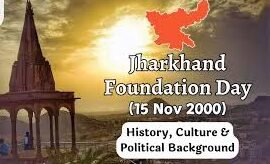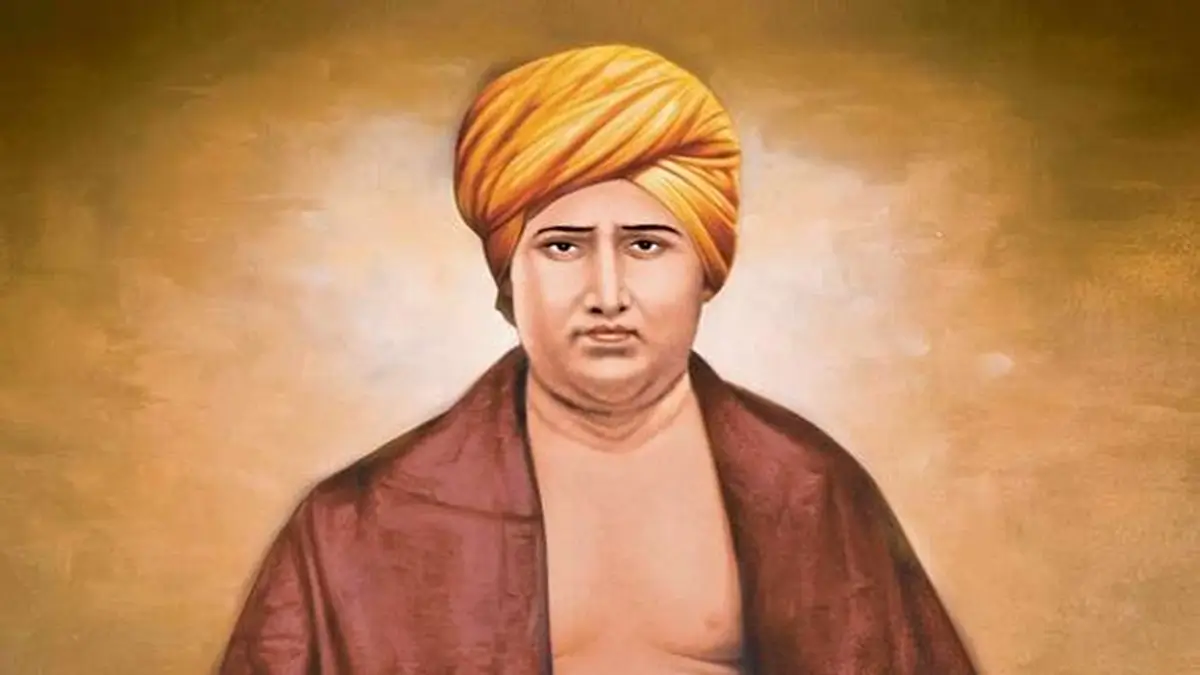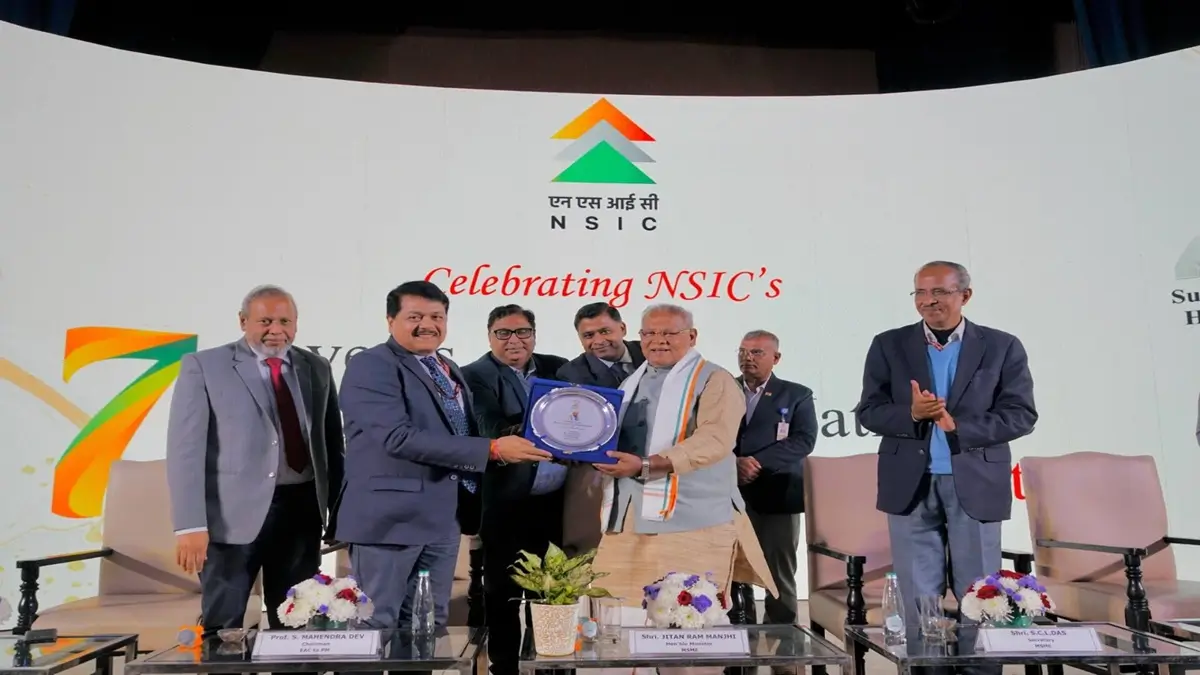Jharkhand Foundation Day 2024: When and Why It Is Celebrated
Introduction to Jharkhand Foundation Day
Jharkhand Foundation Day is celebrated every year on November 15, marking the formation of the state of Jharkhand in 2000. This day holds significant importance as it commemorates the state’s struggle for recognition and independence, reflecting its rich cultural heritage and the relentless pursuit of a separate statehood. Jharkhand became the 28th state of India on this day, after being carved out from the southern part of Bihar.
The Formation of Jharkhand
Before Jharkhand gained its statehood, the region was part of Bihar. The demand for a separate state emerged from the economic and political neglect of the tribal and indigenous people residing in the area. The foundation of Jharkhand was a result of the long-standing movement led by tribal leaders and activists who advocated for the protection of their land rights and their cultural identity.
Jharkhand’s formation was preceded by numerous protests, rallies, and widespread support from local tribal communities who were largely underrepresented in the state of Bihar. The movement gained momentum after the Bihari government failed to address the needs of the indigenous people in the region. Jharkhand was officially created by the Bihar Reorganization Act, 2000, and it came into existence on November 15, 2000.
Celebrations and Cultural Significance
Jharkhand Foundation Day is not just a political commemoration, but also a celebration of the state’s rich cultural diversity. The day is marked by cultural events, including folk music and dance performances that reflect the traditions of the various tribal communities of Jharkhand. Government officials, politicians, and citizens gather to celebrate the achievements of the state and discuss its future prospects.
One of the key aspects of the celebrations is the recognition of the contribution of various communities, especially the tribal population, in the development of the state. It is a reminder of the socio-political journey the region has undergone, from a marginalized area to a thriving state with unique cultural and natural resources.

Why This News is Important
Importance of Jharkhand Foundation Day
Jharkhand Foundation Day is of significant importance, particularly in the context of India’s political and social landscape. It not only marks the creation of a new state but also symbolizes the recognition of the struggles of indigenous communities. For students preparing for government exams, understanding the historical and socio-political aspects of state formations is crucial, as questions related to state reorganization and its impacts often appear in exams like UPSC, PSC, and other competitive government exams.
Educational and Cultural Impact
This day is also a celebration of Jharkhand’s cultural diversity. For students of history and current affairs, it is essential to know about the diverse ethnic groups, languages, and cultural practices in Jharkhand. It provides a comprehensive understanding of India’s multicultural fabric, which is vital for exams such as UPSC, state PSCs, and other competitive tests where questions related to cultural diversity and state-specific issues may arise.
Moreover, Jharkhand’s Foundation Day serves as a reminder of the importance of regional autonomy and the power of community-driven movements in shaping the political landscape. By acknowledging such historical milestones, students can enhance their knowledge of the governance structure and the relevance of state movements in the broader context of Indian democracy.
Historical Context: Background of Jharkhand’s Formation
Pre-Independence Struggles and Tribal Movements
Before Jharkhand became a state, it was part of the large region of Bihar. The struggle for a separate state can be traced back to the colonial era when the tribal communities in the region were oppressed and their land rights were undermined. Leaders like Sidhu and Kanhu, who led the Ulgulan (rebellion) in the 19th century, were early voices against British rule and the exploitation of local people. These movements were among the first to call attention to the distinct identity of the tribal population in the region.
Post-Independence Struggle
After India gained independence in 1947, the demand for a separate state for the tribal communities continued. The region’s people felt neglected, as Bihar’s political and economic resources were concentrated in other parts of the state. The movement gained momentum in the 1990s, with leaders such as Shibu Soren, who led the Jharkhand Mukti Morcha (JMM), advocating for the formation of Jharkhand.
The demand was based on the need for economic justice, better representation, and cultural preservation. Eventually, after years of protests and negotiations, the Indian government decided to create Jharkhand on November 15, 2000, recognizing the long-standing struggle of the tribal people for autonomy.
Key Takeaways from “Jharkhand Foundation Day 2024”
| Serial No. | Key Takeaway |
|---|---|
| 1 | Jharkhand Foundation Day is celebrated on November 15 every year to mark the creation of the state in 2000. |
| 2 | Jharkhand was carved out from Bihar due to the long-standing demand for a separate state by indigenous people. |
| 3 | The formation of Jharkhand is a symbol of the recognition of tribal communities’ struggles for autonomy. |
| 4 | Jharkhand’s cultural diversity is celebrated during Foundation Day with performances of folk music and dance. |
| 5 | The creation of Jharkhand highlights the importance of regional autonomy and community-driven political movements. |
Important FAQs for Students from this News
1. What is Jharkhand Foundation Day?
Jharkhand Foundation Day is celebrated on November 15 every year to commemorate the creation of Jharkhand as the 28th state of India. It marks the day when the state was carved out from Bihar in 2000.
2. Why is Jharkhand Foundation Day celebrated?
The day is celebrated to recognize the long-standing struggle of the indigenous tribal communities of the region, who fought for a separate state to protect their cultural identity, land rights, and better representation.
3. When was Jharkhand formed as a state?
Jharkhand was officially formed on November 15, 2000, after the Bihar Reorganization Act of 2000 came into effect, making it a separate state from Bihar.
4. What are the key celebrations on Jharkhand Foundation Day?
The day is marked by cultural events, including performances of traditional tribal music and dance, government speeches, and discussions on the state’s progress and future development.
5. Who played a significant role in the formation of Jharkhand?
Leaders such as Shibu Soren, founder of the Jharkhand Mukti Morcha (JMM), played a crucial role in advocating for the creation of the state. Tribal leaders and activists were at the forefront of the movement for statehood.
Some Important Current Affairs Links

















